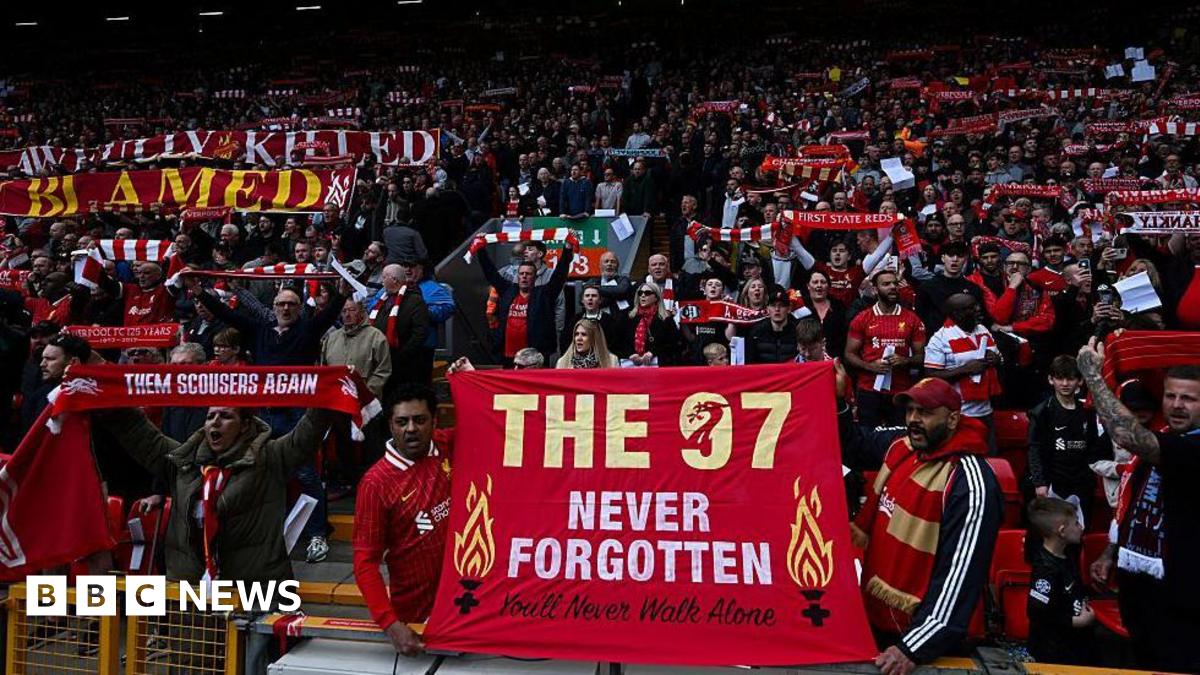Like everything else, its genesis has been a struggle. Its first seeds were sown nearly a decade ago, in April 2016, after the inquest verdicts. Despite sharing in that triumph, barrister Pete Weatherby KC, who represented 22 families, was less positive than most at that point.
For him, the inquests had exposed two particular injustices which remained unresolved.
Firstly, there had been no legal obligation for the public authorities involved to co-operate with the process fully or transparently. Information could be withheld. A culture of reputational defensiveness was able to take root, and false narratives were re-run.
The inquests, originally listed for six months, had ended up lasting for two years – in part because they became so adversarial. Pete believed that a legal “duty of candour” was needed, so that civil servants could face consequences if they put toeing the party-line above telling the truth at inquiries. A “duty to assist” was required too – to force officials to proactively supply information to inquiries.
Otherwise, he reasoned, there was nothing to prevent other state failings being denied and covered up, like Hillsborough had been.
Secondly, there was the issue of a real imbalance when it came to funding legal representation. For years, the Hillsborough families had had to scrimp, save, and fundraise to pay for lawyers. Their costs at the inquests – which would eventually run to more than £63m – were only bearable because they were met by the Home Office which set up a special scheme to cover them. The families’ lawyers were paid the same rate as those representing the police and other state bodies.
But there was no guarantee that the government would repeat this arrangement for others. The authorities would always have access to expensive lawyers, while victims of different scandals and disasters stood to be outgunned in court without equal funding.
Pete felt that parity of funding should also be enshrined in legislation. The barrister, who was used to arguing points of law in court, now sat down to write the first rough draft of a proposed new law.
His efforts were soon bolstered by the other lawyers who’d represented the various Hillsborough families. Together they created the Public Authority (Accountability) Bill, external, which captured the two key principles of full candour and equal funding.
The unwieldy title soon became shorthanded as Hillsborough Law. It had the backing of the families and survivors. There was plenty of political support too and in March 2017 it was presented to Parliament with cross party sponsorship, including that of then MP Andy Burnham.
